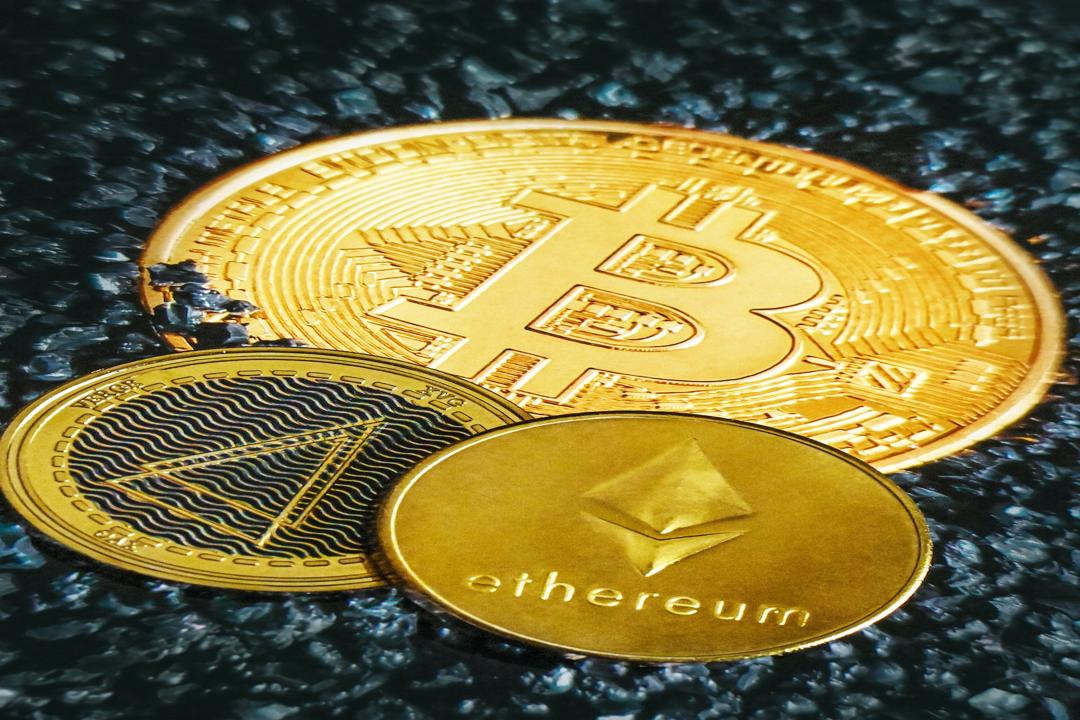Solana-based decentralized infrastructure provider io.net, a platform that allows users to rent out GPU power for financial gain, made a significant change in leadership just two days before the launch of its token.
Ahmad Shadid, a co-founder of io.net, made the decision to step down “effective immediately,” leading to fellow co-founder and former chief operating officer Tory Green taking over as the new CEO.
The Solana-based AI project aims to aggregate GPU supply in order to create a network that can be accessed by machine learning startups, providing computing power at a fraction of the cost compared to traditional cloud services.
In a statement posted on X on June 9, Shadid mentioned that he was stepping down to allow io.net to progress without distractions and to focus on its growth and success. While there were allegations surrounding his past actions, Shadid did not directly address them in his statement.
Critics believe that Shadid may have misled the community about the number of GPU chips io.net actually offers. The network also faced a GPU metadata attack on April 28, causing the number of active GPU connections to temporarily drop from 600,000 to 10,000.
The launch of the io.net token, IO, is scheduled to take place on Binance’s Launchpool on June 11 at 12:00 am UTC. A total of 95,000,000 IO tokens will be released at launch, with a maximum supply of 800,000,000 IO tokens that can enter circulation.
Concerns arose regarding Shadid potentially selling off his IO coins at launch and disappearing, but he clarified that his tokens are subject to a 4-year lockup and that no investor, adviser, or team member can sell their vested tokens until June 2025. Shadid also pledged to contribute one million IO tokens to the firm’s Internet of GPUs Foundation to support the ecosystem.
It remains unclear whether Shadid will maintain any connection to the io.net ecosystem in the future. Leadership changes at io.net are expected to be announced in the near future, according to the new CEO, Green.
Green expressed optimism about the token launch marking a new phase of growth for the network, emphasizing the goal of building the largest decentralized AI compute network. io.net has already onboarded approximately 20,000 cluster-ready GPUs and is catering to AI-focused companies by providing end-to-end AI inference and model training workloads.
The magazine OpenAI’s ‘iPhone moment’ has praised io.net’s upcoming decentralized GPU infrastructure network, highlighting its potential to revolutionize the industry and attract major players like OpenAI and Uber.

